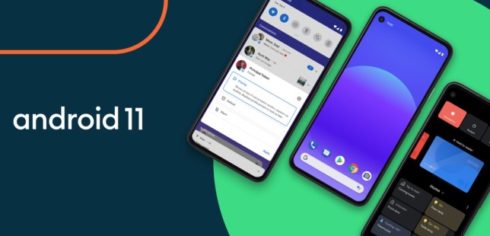
Android 11 was released this week with three primary themes: a focus on controls to let users get to and control all of their smart devices, increased privacy, and a people-centric approach to communication.
The release also includes new features for developers such as conversation notifications, device and media controls, one-time permissions, enhanced 5G support, IME transitions, and more.
“Android 11 is people-centric and expressive, reimagining the way we have conversations on our phones, and building an OS that can recognize and prioritize the most important people in our lives. For developers, Android 11 helps you build deeper conversational and personal interactions into your apps,” Stephanie Cuthbertson, director of product management for Android, wrote in a blog post.
Conversation notifications now appear at the top of the shade and contain actions such as opening the conversation as a bubble, creating a conversation shortcut on the home screen, or setting a reminder.
In addition, consolidated keyboard suggestions let Autofill apps and Input Method Editors (IMEs) securely offer users context-specific entities and strings directly in an IME’s suggestion strip.
“New APIs let you synchronize your app’s content with the IME (input method editor, or on-screen keyboard) and system bars as they animate on and offscreen, making it much easier to create natural, intuitive and jank-free IME transitions,” Cuthbertson wrote.
When it comes to greater control over smart devices, Android 11 now enables users to bring up device controls instantly with the press of the power button and media controls that make it quick and convenient for users to switch the output device for their audio or video content. Developers can use these new APIs to help users surface smart devices and control media.
The last major focus with the most new features is privacy. This includes one-time permissions for apps, additional steps from the user beyond granting a runtime permission to access background location, permissions auto-reset, and more.
“In Android 11, we’re giving users even more control and transparency over sensitive permissions and working to keep devices more secure through faster updates,” Cuthbertson wrote.
In addition, to help developers work and develop faster, Android also added new tools like compatibility toggles, ADB incremental installs, app exit reasons API, data access auditing API, Kotlin nullability annotations, and many others.






